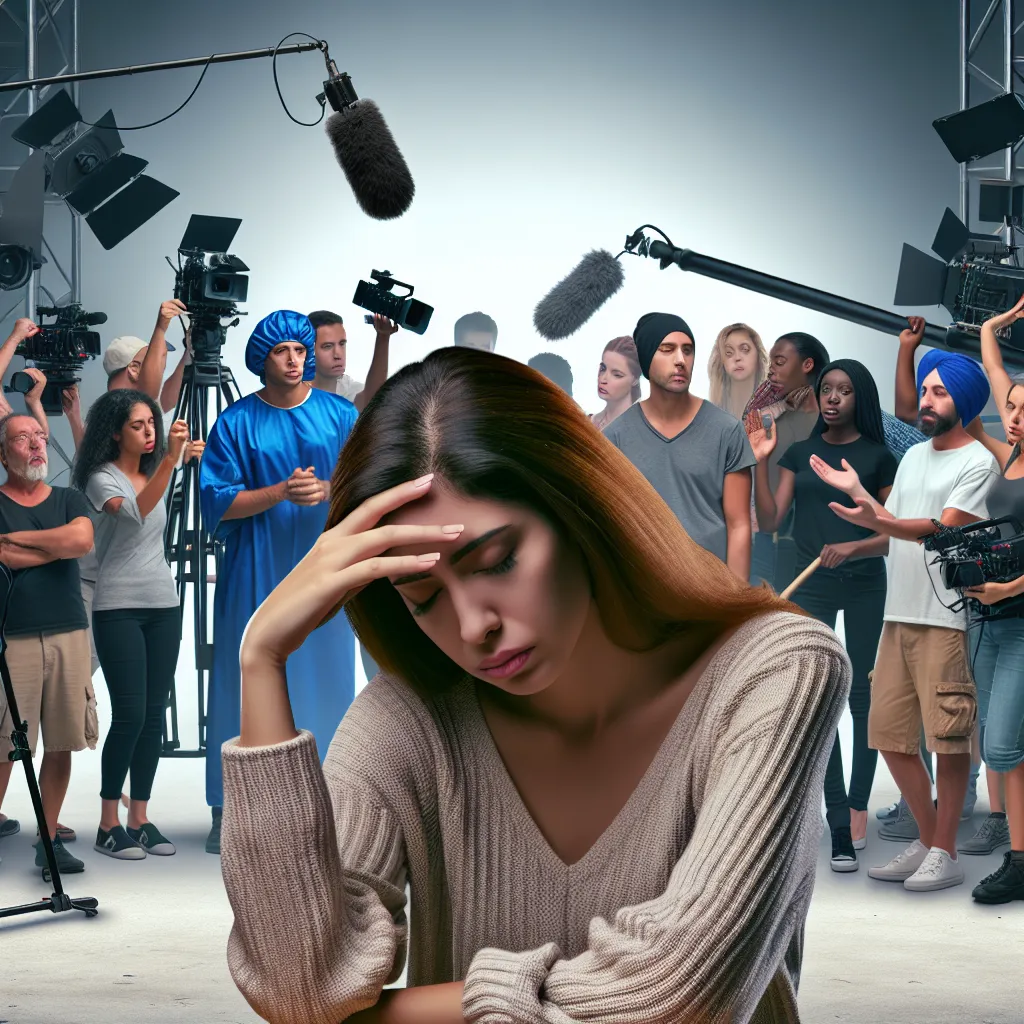The Illusion of Reality: Behind the Scenes of Reality TV
Uncovering the truth behind the scenes of reality TV reveals the often overlooked aspect of the illusion of reality that viewers are presented with. While reality TV is marketed as unscripted and authentic, the truth is far from it. Behind the scenes, the production of reality TV shows involves extensive planning, scripting, and manipulation to create the desired dramatic effect. Contestants are coached, storylines are constructed, and scenes are often reshot to capture the desired reactions, all in the name of entertainment.
The illusion of reality presented in reality TV shows is carefully crafted through editing and post-production techniques. The narratives are carefully constructed to build drama and suspense, often distorting the actual events that took place. Additionally, the use of selective editing can manipulate the audience’s perception of the contestants, portraying them in a particular light that may not accurately reflect their true personalities or actions.
Furthermore, the presence of producers and crew behind the cameras influences the behavior of the participants, leading to scripted confrontations and manufactured conflicts. The pressure to deliver entertaining content often takes precedence over the organic unfolding of real events, blurring the line between reality and fiction.
It is essential for viewers to recognize that what they see on reality TV is a curated and manipulated representation of reality. Understanding the illusion of reality behind the scenes can lead to a more critical and discerning consumption of reality TV, allowing viewers to approach the genre with a more informed perspective.
The Manipulation of Truth: Exposing Reality TV Production
One of the most controversial aspects of reality TV is the manipulation of truth within its production. While the genre purports to depict real-life situations and relationships, the reality is often far from authentic. Producers and editors have the power to craft narratives that may not accurately reflect the events that transpired. This manipulation of truth raises ethical questions about the portrayal of real people and their lives for the sake of entertainment.
Reality TV productions are heavily scripted and edited to create compelling storylines and dramatic conflicts. Participants are often encouraged to act in specific ways or put in contrived situations to generate the desired content. Additionally, editing techniques such as splicing footage, selective editing, and frankenbiting (piecing together audio fragments to form new sentences) are commonly used to distort the truth and exaggerate tensions among the cast members.
Furthermore, the influence of producers behind the scenes cannot be underestimated. They often manipulate the environment and circumstances to provoke emotional reactions and enhance the entertainment value of the show. This control over the narrative compromises the authenticity of reality TV, leading to a blurred line between genuine human experiences and manufactured drama.
In the pursuit of high ratings and viewer engagement, reality TV production companies prioritize sensationalism over accuracy, contributing to the distortion of reality. Consumers are left to discern what is genuine from what is fabricated, challenging the credibility of the genre as a whole. As the audience becomes more aware of these manipulative tactics, the demand for authenticity in reality TV continues to be a pressing issue that the industry must address.
Impact on Contestants: Unveiling the Reality TV Experience
Uncovering the truth behind reality TV shows reveals a complex web of emotions, challenges, and experiences for the contestants. While audiences are captivated by the drama and entertainment aspects, the reality TV experience often takes a toll on the participants. The impact of reality TV on contestants is far-reaching, affecting their mental and emotional well-being long after the cameras stop rolling.
Contestants on reality TV shows are thrust into a pressure cooker of intense competition, relentless scrutiny, and the constant need to perform for the camera. The unrelenting nature of the experience can lead to heightened stress, anxiety, and emotional exhaustion. Moreover, the public exposure can result in harsh criticism, online trolling, and even cyberbullying, further exacerbating the mental health challenges faced by the contestants.
Furthermore, the editing and portrayal of contestants can contribute to a distorted public perception of their personalities, leading to real-life repercussions and challenges in their personal and professional lives. The skewed representation in pursuit of dramatic narratives can have lasting consequences for the mental well-being and reputation of the individuals involved.
It is crucial to recognize that the reality TV experience is not just a transient foray into the limelight for contestants, but a profound journey with lasting effects. As society delves deeper into the allure of reality TV, it becomes imperative to consider the holistic well-being of the individuals behind the screen, fostering a more empathetic and responsible approach towards these participants.



